Clashes at Jerusalem's Al-Aqsa mosque as religious festivals overlap
3 min readPalestinian demonstrators and Israeli police clashed at Jerusalem's Al-Aqsa mosque compound Friday with at least 20 wounded, medics said, in the first face-off in the area since the start of Ramazan.
Israeli police said that before dawn on Friday “dozens of masked men” marched into Al-Aqsa chanting and setting off fireworks before crowds hurled stones towards the Western Wall – considered the holiest site where Jews can pray.
The Palestinian Red Crescent said so far “20 wounded have been taken to hospitals in Jerusalem in connection with the ongoing clashes”, adding that “there are still wounded at the site”. Israeli police said three officers were hurt.
Israeli security forces fired rubber-coated bullets towards some Palestinian protesters, who threw stones at forces, witnesses said.
The latest clashes come after three tense weeks of deadly violence in Israel and the occupied West Bank, and as the Jewish festival of Passover and Christian Easter overlap with Ramazan, the Muslim holy month of fasting.
Al-Aqsa is Islam's third holiest site. Jews refer to it as the Temple Mount, referencing two temples said to have stood there in antiquity.
The compound is at the heart of the Israeli-Palestinian conflict, falling within Israeli-annexed east Jerusalem.
Before Ramazan began this month, Israel and Jordan, which serves as custodian of holy places in occupied east Jerusalem, stepped up talks in an effort to avoid a repeat of last year's violence.
Last year during the Muslim month of fasting, clashes that flared in Jerusalem, including between Israeli forces and Palestinians visiting Al-Aqsa, led to 11 days of devastating strikes by Israel on the Gaza Strip.
Spiralling violence
Israel has poured additional forces into the West Bank and is reinforcing its wall and fence barrier with the occupied territory after four deadly attacks in the Jewish state that have mostly killed civilians in the past three weeks.
A total of 14 people have been killed in the attacks since March 22, including a shooting spree in Bnei Brak, an Orthodox Jewish city in greater Tel Aviv, carried out by a Palestinian attacker from Jenin.
Twenty-one Palestinians have been killed in that time, including assailants who targeted Israelis, according to an AFP tally.
On Thursday Israel announced it would block crossings from the West Bank and Gaza Strip into Israel from Friday afternoon through Saturday, the first two nights of the week-long Passover festival, and potentially keep the crossings closed for the rest of the holiday.
Prime Minister Naftali Bennett has given Israeli forces a free hand to “defeat terror” in the territory which Israel has occupied since the 1967 Six-Day War, warning that there would “not be limits” for the campaign.
Some of the attacks in Israel were carried out by Arab citizens of Israel linked to or inspired by the Islamic State group, others by Palestinians, and cheered by militant groups including Hamas and Islamic Jihad.
Three Palestinians died Thursday as Israeli forces launched fresh raids into the West Bank flashpoint district of Jenin, a week after the Bnei Brak attack.
For the latest news, follow us on Twitter @Aaj_Urdu. We are also on Facebook, Instagram and YouTube.







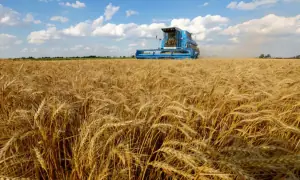
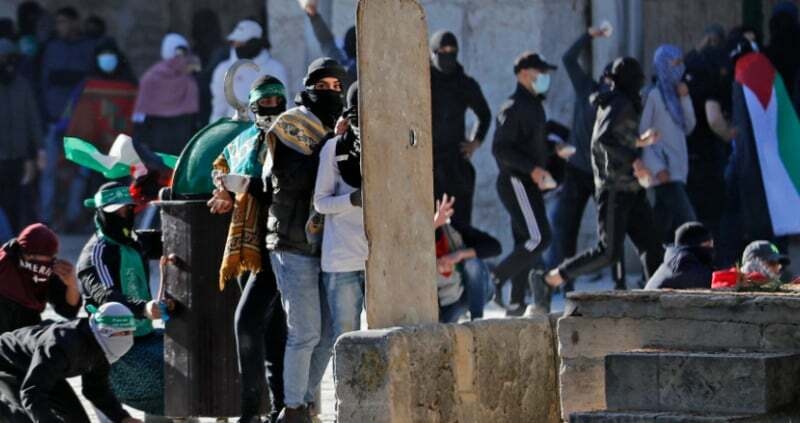






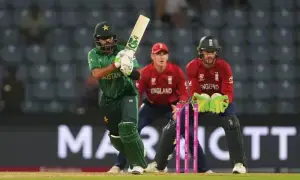
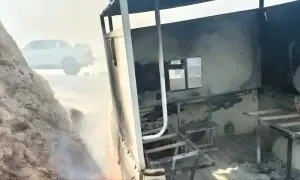
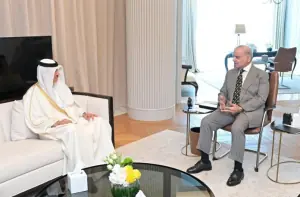
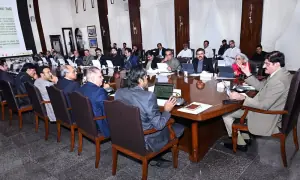

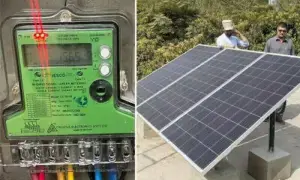
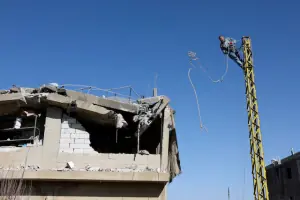

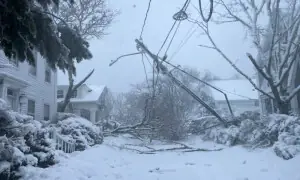
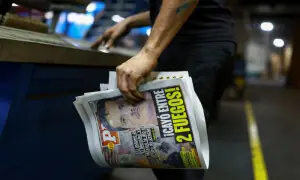
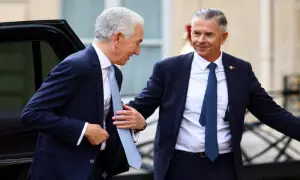
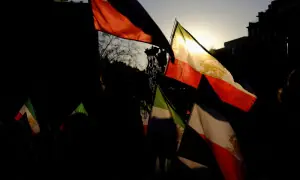
Comments are closed on this story.